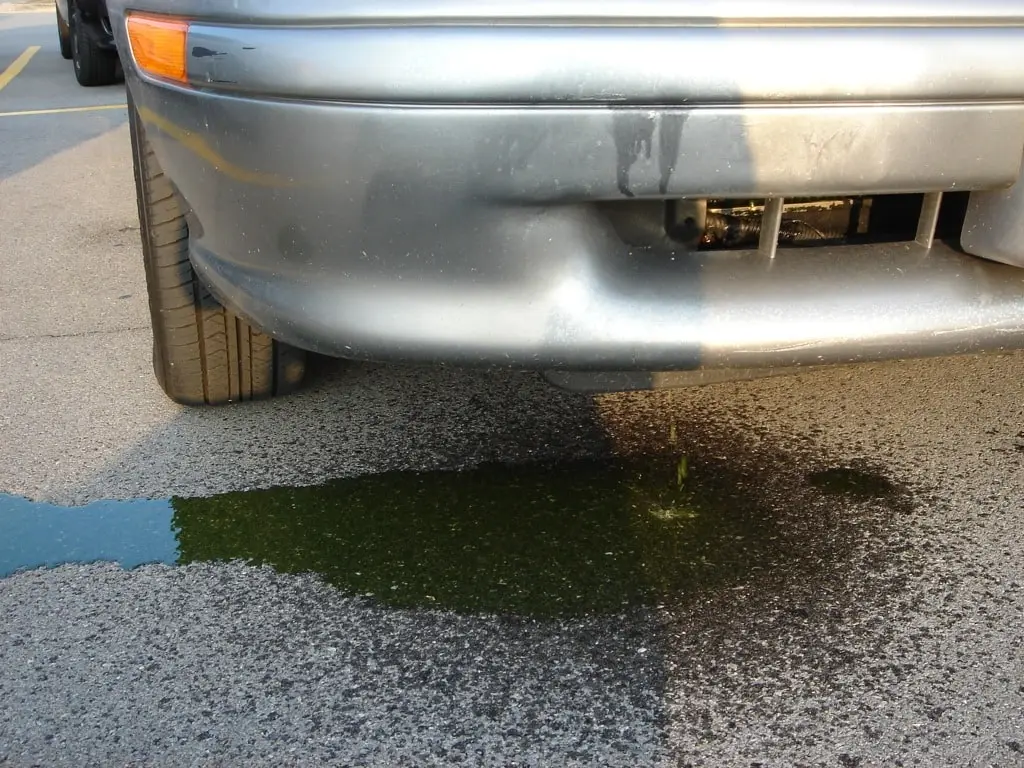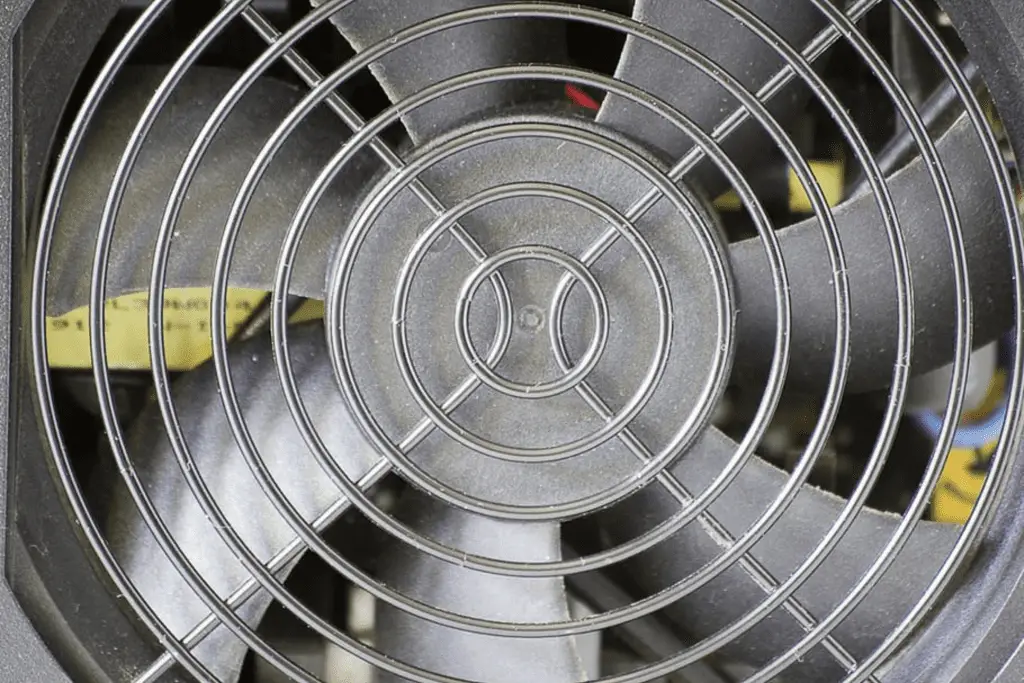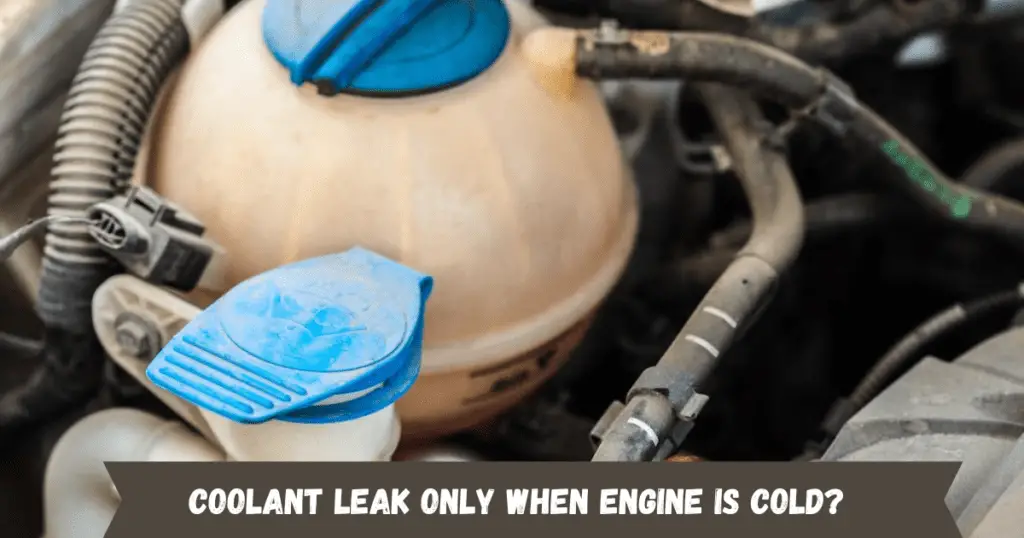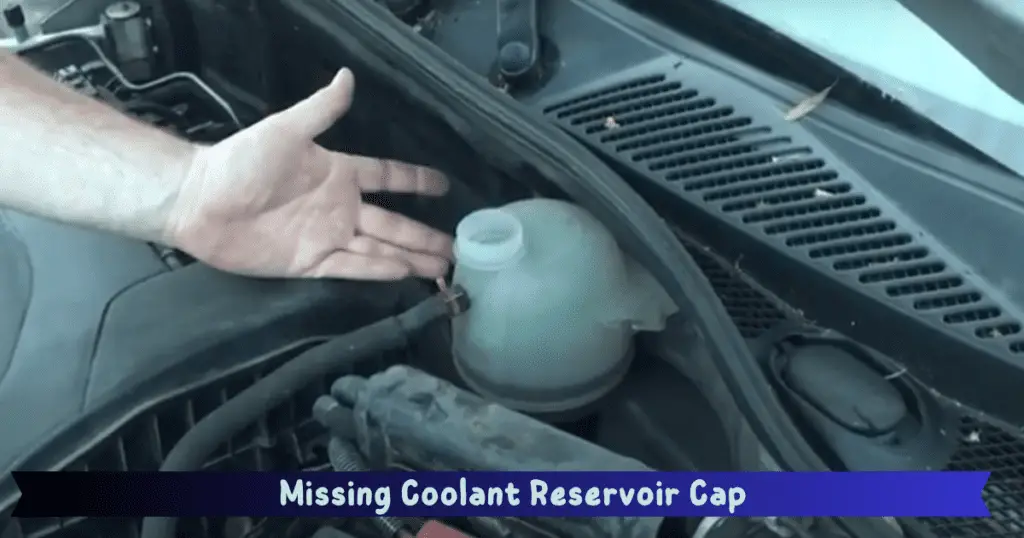A perfectly fine radiator makes a car boost its performance. If the car fan making noise then there should be something you mustn’t ignore. If you want to make your car cool and run smoothly you should take off its essential engine parts, because the engine is the living heart of the car. An unexpected squealing, rattling, or whining noise coming from under the hood likely signals your engine’s cooling fan needs attention. But what specifically causes car fans to make noise?
To check out what the problem is going on or if it’s just the normal voice of the radiator fan let’s discuss the main causes of this noise in the fan.
11 Reasons Why Car Fans Making Noise
- Worn Fan Internals – The fan contains a motor, bearings, bushes, and spindle that wear down over time. This causes excessive car fan making noise, intermittent operation, and reduced cooling. Water and debris can also work their way in and cause damage, even in sealed units.
- Blocked Radiator – Bent fins, dirt, and debris can clog the radiator core. This forces the fan into overdrive to compensate, creating more noise and pressure. Poor airflow through the core also reduces cooling performance.
- Worn Fan Belt – Aged, cracked fan belts stretch and slip on pulleys, causing loud screeching. Re-tightening belts with tensioners can sometimes fix this.
- Distorted Fan Housing – Compressing the fan shroud during installation distorts the blades. Eventually, the blades catch the shroud, causing grinding noises.
- Broken Fan Shroud – Cracked or holed plastic shrouds on viscous fans and chatter loudly. Airflow escaping through holes also whistles loudly.
- Overheating Engine – Fans run constantly to cool an overheating engine, especially at low speeds. This indicates an issue like a faulty sensor rather than a fan problem.
- Worn Pulley – Worn pulleys can wobble or seize up, producing noises falsely blamed on the fan.
- Failing Fan Clutch – Defective viscous fan clutches lock fans on permanently. This increases noise and reduces engine performance.
- Improperly Gapped Spark Plugs – Incorrectly gapped spark plugs can cause engine misfires, which puts additional strain on the cooling fans as they work to cool the engine. This can cause premature wear and noise.
- Damaged Fan Lead Wiring- Frayed or damaged wiring to the electric cooling fans can create electrical noise interference. This gets amplified through the fans and radiator, creating buzzing or humming noises.
- Low Coolant Levels – Insufficient coolant levels mean the fans have to work harder to keep things cool with less liquid to circulate. Low coolant also causes the fans to cycle on more frequently, increasing noise. How to dispose of AdBlue liquid in case you have a diesel car
There are a few common mechanical and electrical faults that can create annoying fan sounds. Identifying the root cause is critical to stopping the noise and preventing bigger problems like overheating.
This comprehensive article explores all the potential reasons your car fan making noise, from minor fixes to serious issues. Read on to learn how to diagnose and correct any noisy fan problems.
How Engine Cooling Fans Work
Before diving into what causes car fans to make noise, let’s briefly review how cooling fans operate. The cooling fan is a critical component of your car’s thermal management system. Its job is to pull or push air through the radiator to keep things cool. There are two main types – electric and mechanical:
Electric Cooling Fans
These have a motor-driven fan blade enclosed in a shroud or housing. Sensors monitor coolant temperature and engine load. When the coolant exceeds a preset limit, the engine control unit activates the fan to draw air through the radiator. This brings down the coolant temperature. Electric fans are computer-controlled for optimal operation. They run quieter and more efficiently than mechanical fans.
Mechanical Cooling Fans
Older cars have engine-driven mechanical fans. They mount to the front of the water pump shaft. As the pump operates, it spins the fan continuously whenever the engine is running. A thermostatic or viscous clutch halts fan operation until temperatures rise. These fans draw air even while idling or driving at speed with ample airflow. So they’re not as efficient as electric fans. But they provide a fail-safe cooling option if the engine overheats.
So in short, cooling fans are a key safeguard against overheating issues. Computerized electric fans provide quiet, optimized cooling by managing fan speed and airflow. Mechanical fans run continuously as a backup with the clutch modulating operation. Both play a vital role in keeping your engine at optimal temperature.
Knowing the basics of these systems helps us understand why problems develop with fans and how to pinpoint them.
Common Sources of Car Fan Noise
The most common culprits behind car fans making noise include:
- Failing Fan Clutch – Allows fan slippage and squealing
- Damaged Fan Blades – Cracked blades strike the shroud
- Faulty Fan Bearings – Seized or worn bearings create scraping
- Loose Fan Mounting – Rattling from loose bolts. Feel a whirring noise after the engine off
- Fan Shroud Contact – Blades bent into shroud path
- Electrical Issue – Short causing fan motor noise. Headlights turn off randomly while driving.
Let’s look closer at how these issues create noise and the best ways to diagnose them.
Signs of Impending Cooling Fan Failure
Watch for these early warning signs of fan problems:
- Intermittent squealing that disappears after startup
- Scraping noises related to engine RPM
- Visibly loose fan blades or pulleys
- Reduced airflow through radiator at idle
- Takes longer for a fan to engage after an A/C startup
- Squeaking belts leaving rubber dust behind
Acting on these symptoms early minimizes the extent of repairs needed. Let’s look at how to diagnose issues accurately.
Diagnosing the Source of Car Fans Making Noise
Pinpointing what’s causing abnormal fan noise involves:
- Thorough visual inspection of blades, shroud, and belts for damage
- Starting engine to replicate noise – isolate type and origin
- Removing fan to inspect mounting, clutch, water pump
- Checking blade security – trying tightening mounts
- Inspecting fan wiring for loose plugs, damage
- Testing relay and fuse electrical engagement
- Scanning computer for diagnostic trouble codes
Your car jerks while driving or you feel a delay when accelerating
Pinpointing fan noises from normal engine sounds takes some expertise. Have a technician assist if the source is unclear.
Repairing Noisy Cooling System Fans
Repairs depend on the diagnosed cause:
- Replace failed fan clutch causing engagement noise
- Fix bent blades striking shroud – carefully straighten or replace
- Install new bearings to eliminate worn bearing sounds
- Tighten loose mounting bolts that cause rattling
- Rewire or repair damaged circuits causing electrical noise
- Replace water pump bearings if the source of noise
- Adjust belt tension to stop slippage and squeaking
Here are the 5 reasons why your car fan is louder than it should be check out
Repairing identified issues promptly restores normal quiet operation.
Frequently Asked Questions
What if the noise started suddenly?
Sudden noises often stem from debris striking the fan or something coming loose. Have the fan inspected ASAP to identify the cause.
Is it safe to drive with a car fan making noise?
It’s best to minimize driving until repairs are made. Closely monitor coolant temperatures to avoid overheating.
Why does my fan stay on after the car is off?
This is normal as the fan cools the engine after shutdown. Extended running indicates issues with the fan control system.
Can I just replace the fan blades?
Sometimes, but often the entire assembly needs replacement. Test to see if new blades fix the noises first before assuming.
Will engine mods cause fan issues?
Yes, modified high-performance engines run hotter, requiring upgraded cooling systems. Use heavy-duty parts designed for the demands to avoid car fans making noise.
Ensure Peak Cooling System Performance
Ignoring new rattling, squeaking and whining noises from your engine fan risks expensive repairs if damage spreads. Don’t delay diagnosis and repair – address the true cause promptly to prevent overheating and further problems. With a properly operating cooling fan, your vehicle avoids overheating, extends component life, and provides many more miles of quiet, reliable cooling. Does your car shake when turning off checkout?





